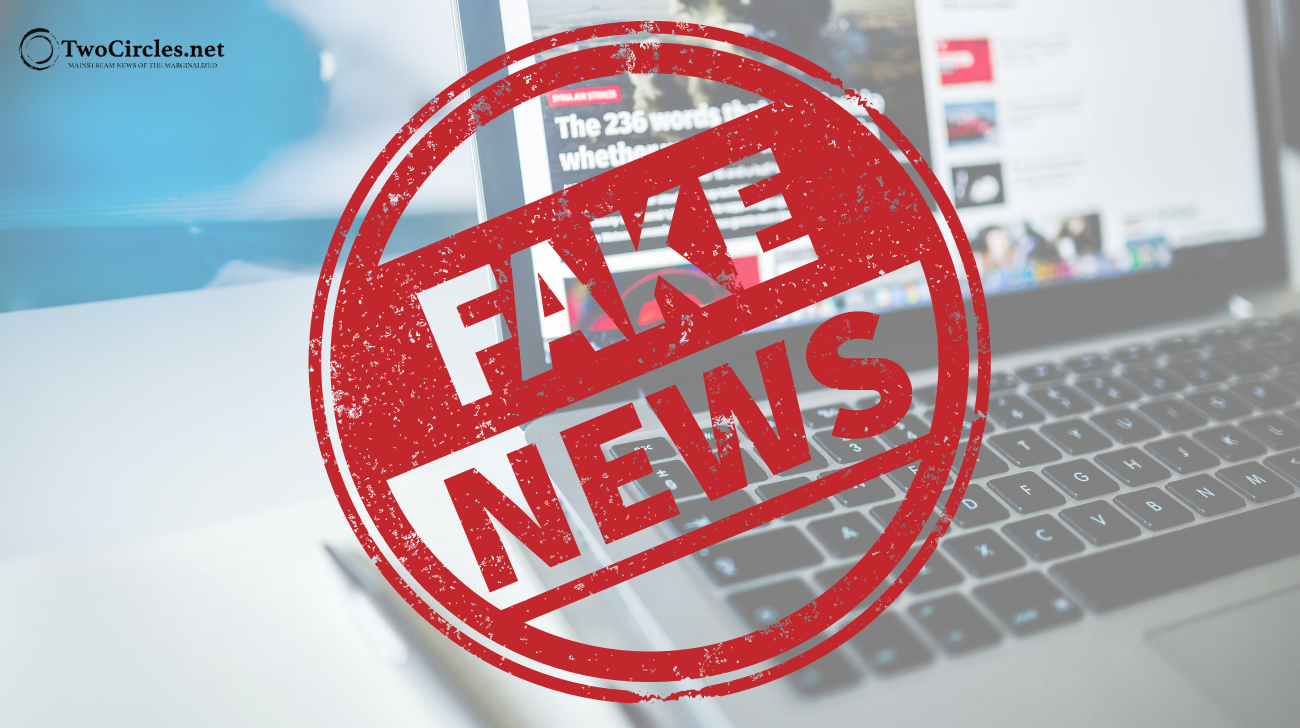Proposal to remove any content termed fake by government will muzzle free press: Editors Guild

The IT Ministry has suggested amending the Information Technology Rules so that websites operating in India would have to take down content deemed fake by Centre’s fact-checking agencies.
Afnan Habib| TwoCircles.net
NEW DELHI — The Editors Guild of India has urged the Centre to withdraw its proposed amendment that would compel internet platforms to remove any information that the Press Information Bureau or any government-authorized fact-checking body identifies as fake.
The Union Information Technology Ministry has suggested amending the Information Technology Rules so that websites operating in India would have to ensure that any content classified as fake by agencies authorized by the central government is not permitted on their platforms.
https://twitter.com/IndEditorsGuild/status/1615711018986110976
On Tuesday, the Union Information Technology Ministry announced the proposed modification to the Information Technology Rules, 2021.
The Editors Guild of India expressed disapproval of the decision in a statement on Wednesday, stating that suppressing news that is labeled as fake by the government will result in press suppression.
“At the outset, determination of fake news cannot be in the sole hands of the government and will result in the censorship of the press,” the press body said.
“Already multiple laws exist to deal with content that is found to be factually incorrect. This new procedure basically serves to make it easier to muzzle the free press and will give sweeping powers to the PIB, or any other agency authorized by the central government for fact-checking.”
To protect press freedom in the nation, the Editors Guild has urged the Union Information Technology Ministry to obliterate the new amendment and to start talks with press organizations, media outlets, and other stakeholders on the regulatory framework for digital media.
The fact-checking department of the Press Information Bureau was established in 2019. It has regularly come under fire for denying statements made in news items unfavorable of the government rather than verifying the facts to show why the assertions are untrue.
The PIB fact-checking department asserted in June 2020 that reports concerning an order from the Uttar Pradesh Special Task Force asking its members to remove 52 Chinese applications from their phones for security concerns were untrue.
However, Amitabh Yash, the Special Task Force Inspector General, had assured Alt News that the advisory was accurate.
In another such case, The PIB asserted on December 16, 2020, that an online recruiting flyer for the Intelligence Bureau was fake. The next day, however, the Ministry of Information and Broadcasting asserted that the circular was authentic.
In their statement, the Editors Guild also challenged the Information Technology rules, a set of comprehensive regulations designed to control social media companies, streaming services, and digital news content—virtually placing them within the purview of government oversight.
According to the Guild, a number of the provisions in these IT rules have the potential to impose unjustifiable limitations on digital news media.
“It must be further noted that the Guild raised its deep concerns with the IT rules when they were first introduced in March 2021, claiming that they empower the Union Government to block, delete, or modify published news anywhere in the country without any judicial oversight,” the Guild said.
Afnan Habib is a freelance journalist based in Srinagar, Jammu and Kashmir. He tweets @afnanhabib
